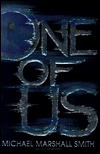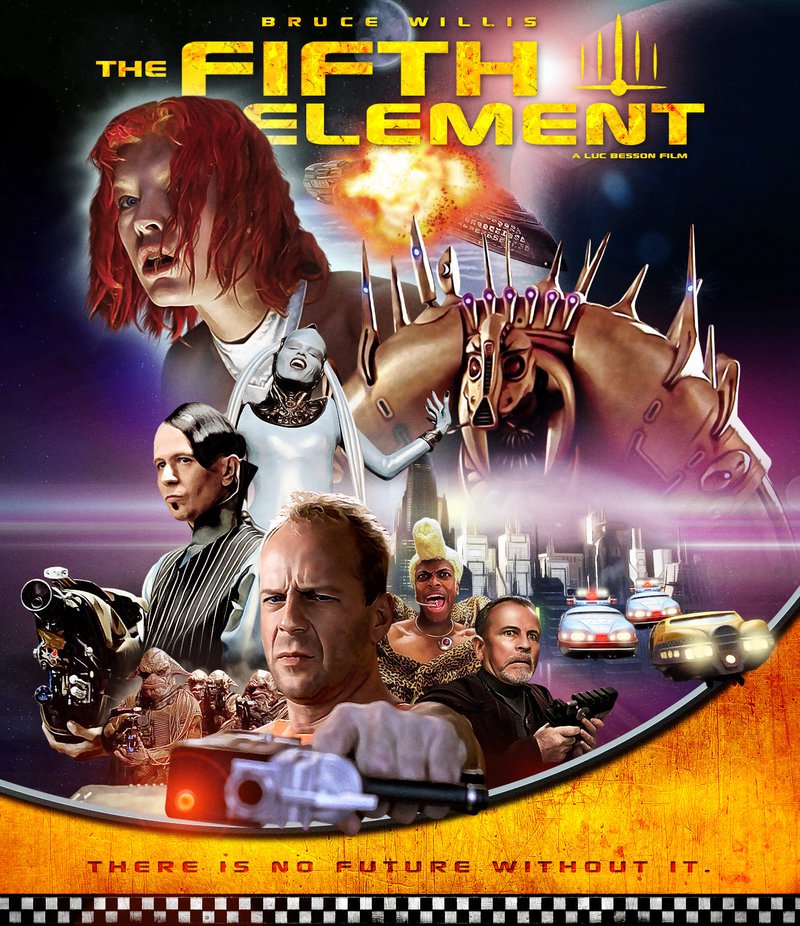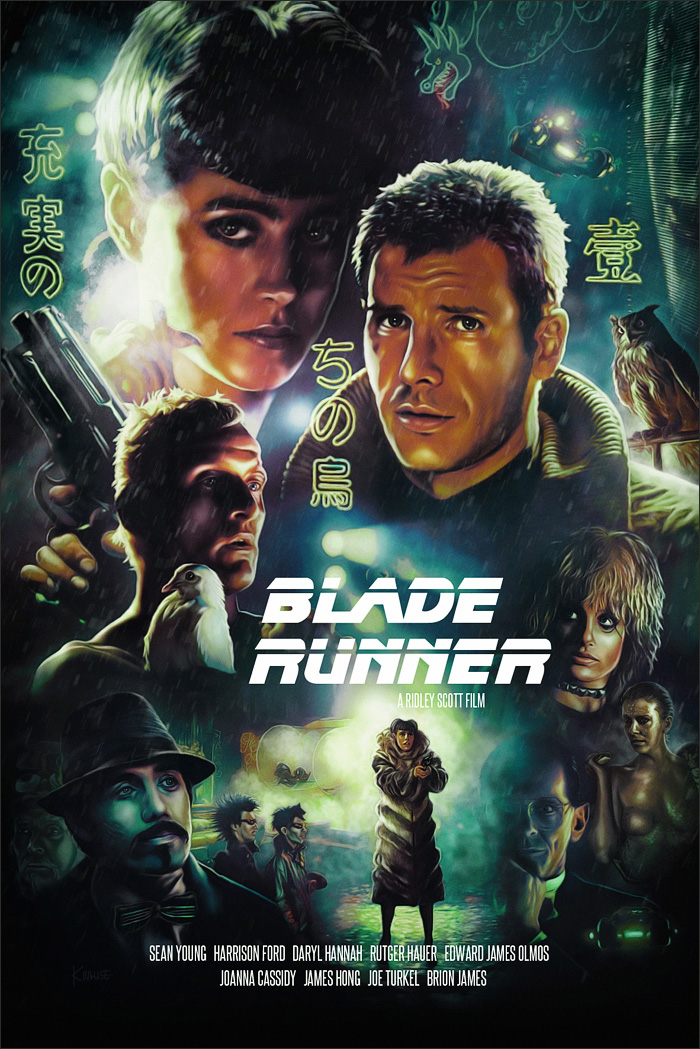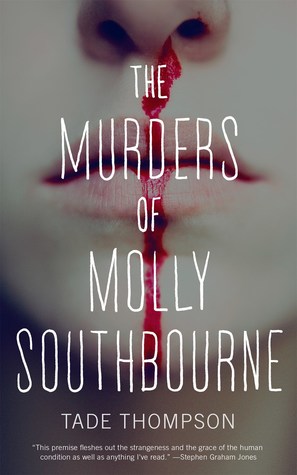
I’ve chewed on this review for a ridiculous amount of time. After two months, I’m left with a movie analogy: I think if Only Forward was The Fifth Element,

One of Us is Blade Runner (old school, not the new one).

One of Us, like the movies and Only Forward, is a genre mash-up. Noir mystery, future science fiction and somewhat mystical fiction with a grim overtone. The main character is not entirely admirable, the main female isn’t particularly likeable, and the villain is generally despicable. Still, there is a lot to enjoy here, particularly–and I feel certain I’ve never said this–the appliances.
The short version? Hap is in Mexico, looking for a woman. Not just any woman, but a client of his employer, a mostly illegal dream business that does completely illegal memory storage on the side. One of the memories Hap holds is of this woman shooting and killing a man, and some mysterious men in suits who arrive immediately after. And that’s the most normal part of the story.
One of the things I like about Smith’s writing is the almost thoughtless, exaggerated moments of humor, such as when he describes stopping for gas:
“The gas station claimed to be under new management, but the toilets were evidently still under some old management, or more probably governed by an organization that predated the concept of management altogether. Possibly the Spanish Inquisition.”
or carries the description of the dirty refrigerator to a new level:
“Three cans of beer and some leftover Chinese in the fridge, the noodles covered in a bacterial culture so advanced, they probably had their own constitution and strong views on environmental issues.”
But Smith’s talent isn’t just in the ironical tone. He also excels as some of the more challenging emotions:
“Sabrina didn’t look like Sabrina anymore. The hardness in her face was gone, and her lips didn’t look quite so airtight. I’m sure the change was only temporary, but it was an improvement. I just wish she hadn’t had to be scared to allow herself to be more human, but I guess a lot of us are like that.”
or
“She got over the death of her parents, in time: stopped expecting it to be her mother whenever the phone rang, or thinking of things to tell her dad. But she got over it partly by becoming something her parents would never have recognized, by untethering herself from the past they’d structured, by sidestepping into a different life.”
It’s an interesting, remarkable, challenging book. It does go off the rails a bit at the end, and like Only Forward, I found myself not entirely satisfied with the ending. But there is a note of hope, for which I was grateful. It also left me thinking of the song.
Advertisements Share this:





